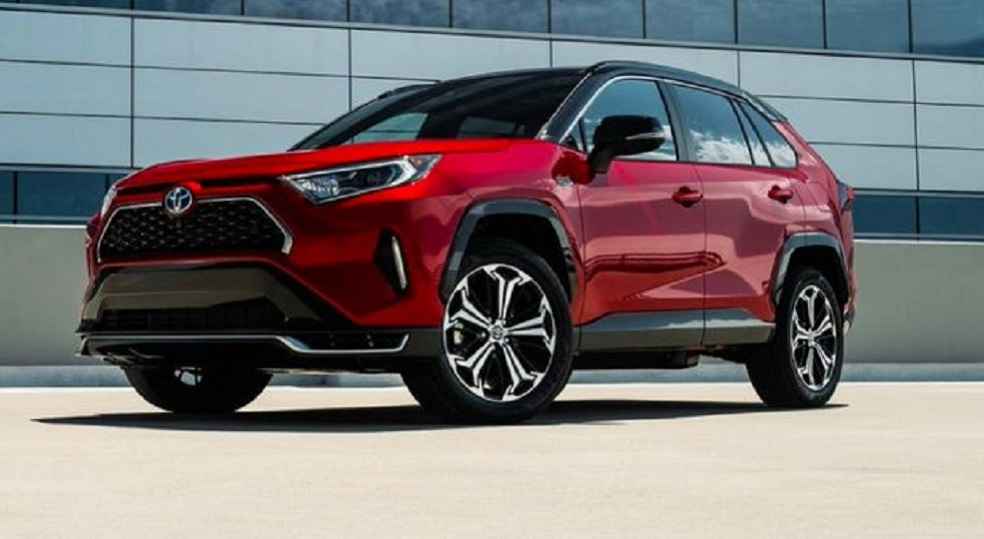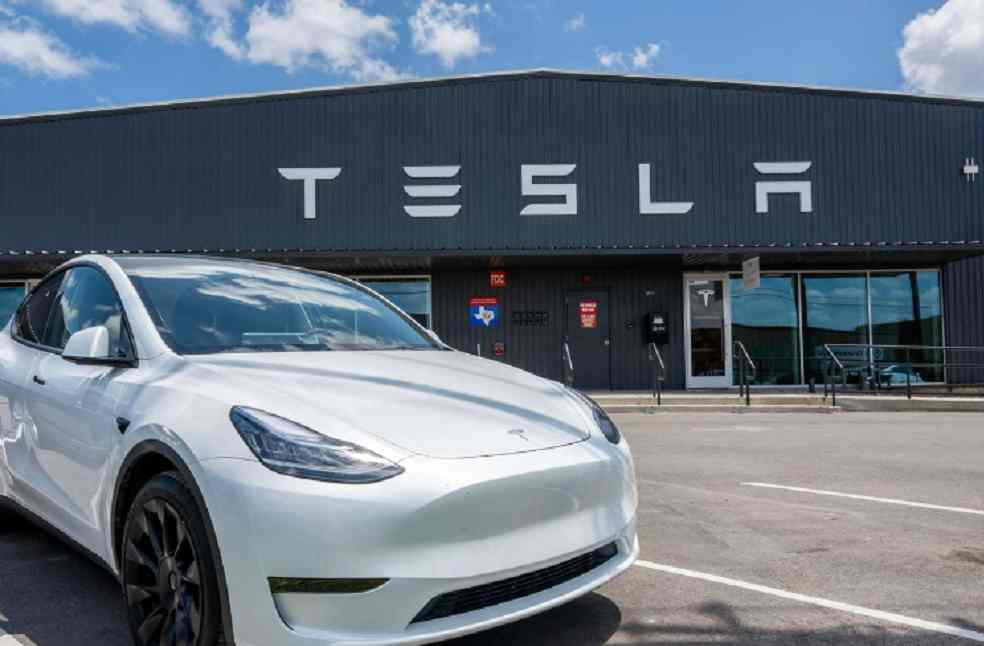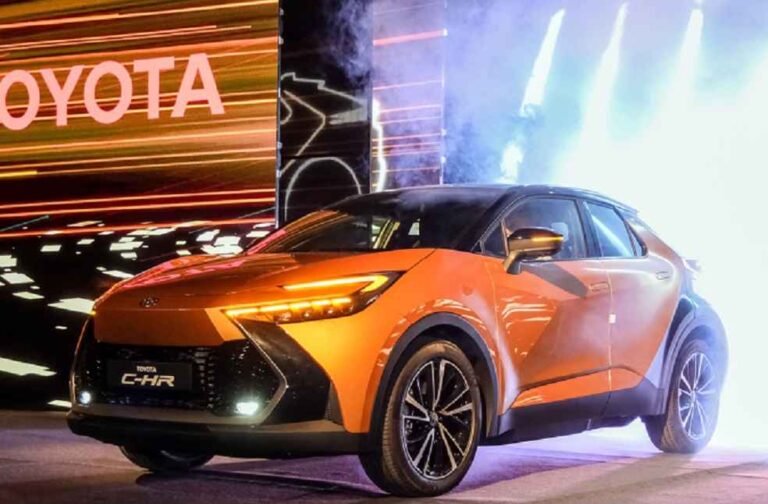The Shanghai municipal government signed a strategic agreement with Toyota on Tuesday to establish a new-energy vehicle (NEV) company in the city’s Jinshan district, marking a major step in Shanghai’s efforts to deepen high-level opening-up. The signing took place ahead of the 2025 Shanghai International Automobile Industry Exhibition, which will open on Wednesday at a record scale.
The agreement represents significant progress in advancing the Toyota Lexus NEV project in Shanghai, according to Xinhua News Agency. It is also expected to play a key role in accelerating the construction of a modern industrial system in the city. Toyota’s investment in the project is reported to reach 14.6 billion yuan ($2 billion), with construction set to begin in June and the first vehicle scheduled for production in 2027. Once completed, the project will become another globally influential NEV initiative in Shanghai, following the success of Tesla’s Gigafactory.
China, home to the world’s largest NEV market, offers strong advantages for the Lexus project through its cutting-edge battery technologies and comprehensive supply chain, said Zhang Xiang, director at the Digital Automotive International Cooperation Research Center of the World Digital Economy Forum. On February 5, Toyota announced plans to establish a wholly owned research and production company for Lexus electric vehicles and batteries in Shanghai, with operations targeted to begin in 2027.

Acknowledging China’s strong NEV demand and leadership in technology innovation, Toyota noted that it would apply advanced technologies in areas such as logistics, intelligent autonomous driving, and battery recycling, while collaborating with partners across the supply chain.
Shanghai’s dynamic capital markets, mature manufacturing infrastructure, and favorable business environment have reinforced its role as a leading hub for international investment, creating new opportunities for the local auto industry, according to Hu Qimu, deputy secretary-general of the Digital-Real Economies Integration Forum 50.
Prior to the Lexus EV project announcement, Tesla launched production at its new energy storage system factory in Shanghai—the company’s first such facility outside the United States—on February 11. The first batch of Megapack units departed Shanghai for Australia on March 21. On April 15, 3,499 Tesla EVs, including 3,015 new Model Ys produced at the Shanghai Gigafactory, were loaded for export, marking the facility’s first overseas delivery of the new Model Y.

Tesla’s Shanghai Gigafactory has set a benchmark in the global NEV industry with its stable output, manageable costs, and access to the world’s largest auto market, said Hu. Shanghai’s consistent support for opening up continues to show strong growth prospects for international businesses operating there.
Reflecting the city’s growing automotive sector, the 2025 Auto Shanghai will run at the National Exhibition and Convention Center through May 2. Nearly 1,000 companies from 26 countries and regions will participate across a record exhibition area of 360,000 square meters. Analysts view the event as a major opportunity for foreign auto giants to reaffirm their commitment to the Chinese market.
Li Yong, a senior research fellow at the China Association of International Trade, observed that China’s strength in NEVs makes it an indispensable market for global players. Amid global protectionism and rising trade barriers, China’s steadfast commitment to opening up has fostered a thriving business environment, reflected in the robust participation at this year’s auto show.
NEW LAUNCH | Hyundai Introduces New Hybrid Powertrain to Boost Efficiency





